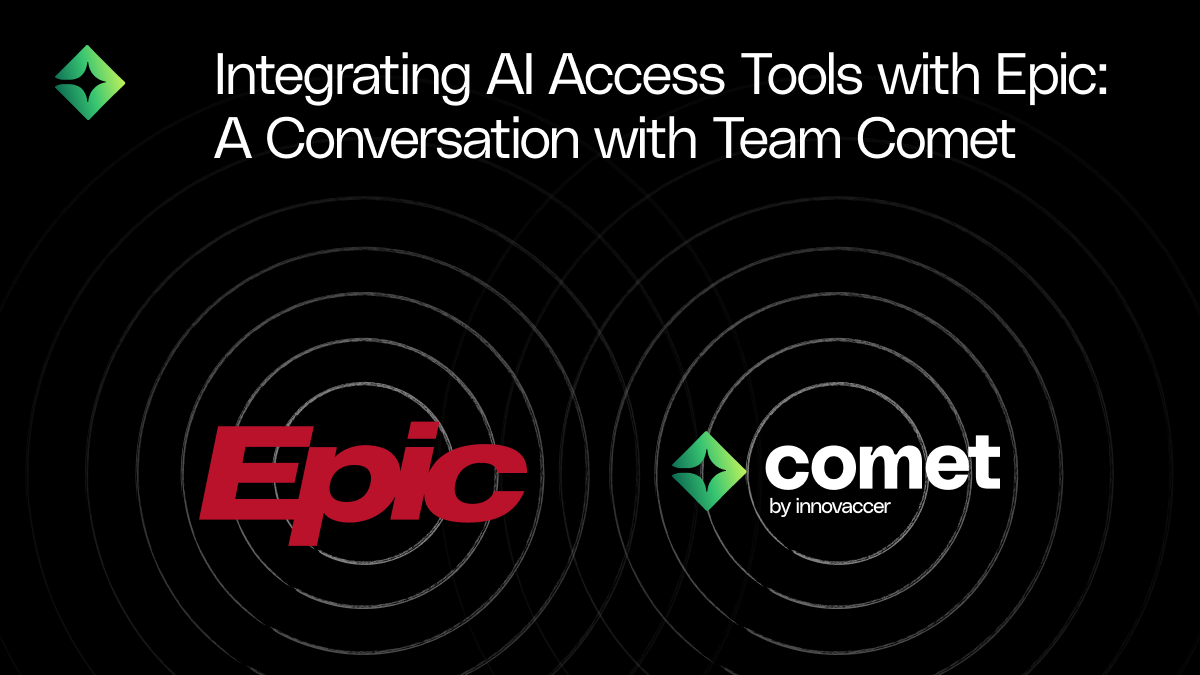Bringing Social Determinants to Revolutionize Healthcare

Imagine two patients, almost identical, found with a high risk of congestive heart failure. One patient hailing from Florida, a 58-year old male and another male patient from Kentucky, of the same age. Both these patients happened to visit the same physician from the same local health system where they were told to monitor their cholesterol intake, watch what they eat and take certain medicines every day. They were advised to undergo a bunch of tests, and if there are any complications, their care plan would be adjusted accordingly.
If only providing care was that simple
Consider another instance. A leading newspaper in Kentucky covers a story about how poverty makes it difficult to eat well, find safe places to exercise or find a doctor closer to home. Moreover, even if these two patients appeared similar on paper, their lifestyles are very likely to differ- socioeconomic status, gender, race, ethnicity, family structure, education.
These non-clinical factors that affect a person’s overall health are nowadays referred to as the “social determinants of health.” The implication is that a person’s health doesn’t just depend on the kind of healthcare services delivered to them; there are several factors affecting it, which are equally important.
There are several things worth noticing here. First, there have been many studies and researches that notice and advocate the connection between the prevalence of chronic conditions and lifestyle choices. Second, the social determinants of health have a huge impact on patient behavior, especially in terms of care plan and adherence, which in turn impact the overall outcomes.
Identifying social determinants of health
According to the Centers for Disease Control and Prevention, there are six principal domains of social determinants
- Economic Instability: Poverty, employment, food security, housing stability
- Education: High School Graduation, Enrollment in Higher Education, Language and Literacy, Early Childhood Education and Development
- Social and Community Context: Social Cohesion, Civic Participation, Discrimination, Incarceration
- Health and Health Care: Access to Health Care, Access to Primary Care, Health Literacy
- Neighborhood and Built Environment: Access to Healthy Foods, Quality of Housing, Crime and Violence, Environmental Conditions
- Food: Access to healthy food and proper diet options
All in all, the social determinants of health are defined by the distribution of money and resources throughout communities, states, nations and the world. Several healthcare organizations are establishing goals to address social determinants critical to health and focusing on reducing health disparities.
Identifying such determinants and acting upon them to connect clinical care with patient engagement, in my opinion, should be the ultimate step of population health management. As the focus has increased on value in care, providers have begun to assume responsibility for the cost and quality of care- and one clear way of achieving that is by strengthening population health management strategies, making it a means of providing care efficiently and effectively.
The road to improving population health
Population health management, boiled down comes to be a strategic, data-driven healthcare. By combining social determinants with integrated medical and claims data and by leveraging predictive data analytics, healthcare organizations can gain more expansive views and actionable insights about the population- patients at risk, avoidable readmissions, redundant procedures. Apart from this, capturing this information can yield valuable information:
- Risk stratification can be used to alert providers about high-risk patients, allocate resources and to design interventions to prevent other individuals from becoming high-risk as well.
- Social determinants can be leveraged to identify patients most likely to be readmitted and help providers design care plans and interventions to avoid sudden episodes.
- Additionally, social determinants can also impact patient engagement. It can be instrumental in understanding which sections of population are motivated or educated enough to adhere to care plans and which sections need extra attention.
For every healthcare organization, PHM strategies and solutions will differ. Ultimately, the extent to which these solutions would be successful will depend on how well the healthcare organization can tap into data. And this data isn’t just limited to clinical and claims files- it could be any of the following:
- Structured, electronic health records
- Handwritten reports
- Data collected through risk assessment surveys
- Information about living situations
- Prescription records
- Geographical data
Additionally, healthcare providers should investigate what makes up a patient’s life, identify clinical and non-clinical hurdles and gather relevant resources. It’s all about the healthcare organization and community working together because once a patient leaves the facility, there’s no telling if they’ll adhere to the prescribed care plans. For instance, for a patient facing challenges with getting to appointments, a transportation service could be provided.
The road ahead
Today, more than ever, healthcare is equipped enough to systematically collect and utilize information about population make-up, how they function, their demographics and every clinical and non-clinical factor associated with a person’s health. When it comes to social determinants, we may not be at the tipping point as of yet, but bringing social determinants to population health management can be the difference between ‘disease-centric healthcare’ and ‘patient-centric care. In a world moving from quantity to quality, social determinants of health may very well be the key to a perfect value-based ecosystem.
For more updates, Subscribe
If you want to see our efforts in the area, Schedule a quick demo


.png)



.png)



.avif)









.svg)
.svg)

.svg)

